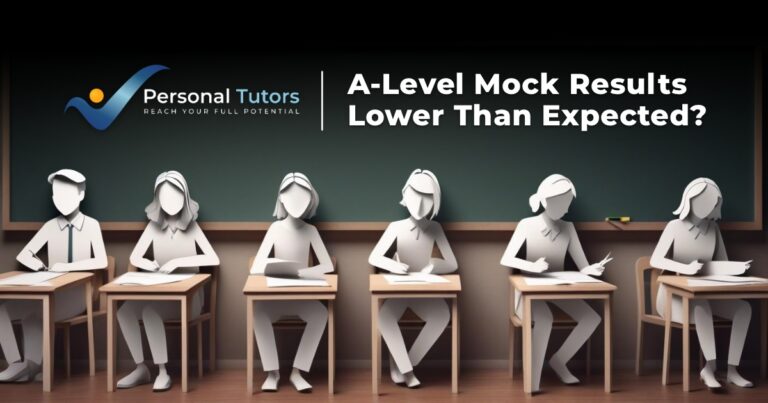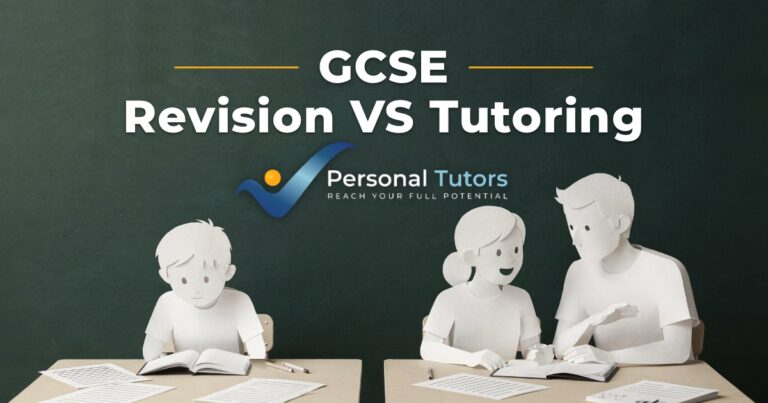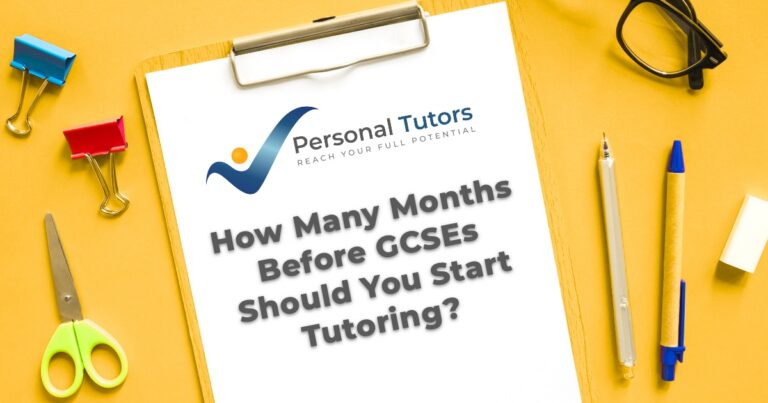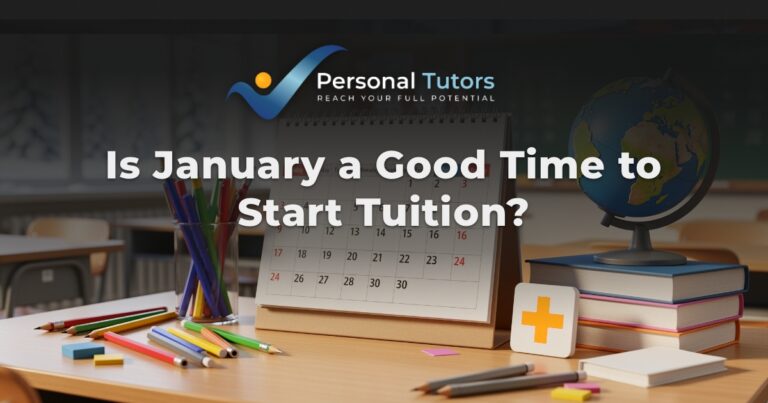Postcode
and Subject
6 Tutors
What strategies can personal tutors use to keep sessions engaging and interactive?
Personal tutors use a range of strategies to keep lessons engaging and interactive so that students stay focused, involved and ready to learn. Because tuition is one-to-one, tutors can quickly see when a student is beginning to lose concentration and adjust the pace, activity or approach to keep the session productive.
One key strategy is to vary the activities within a lesson. Rather than spending the entire hour listening to explanations, students might work through a mix of short tasks: quick recap questions, step-by-step examples, short written exercises, discussion and a brief review at the end. This variety helps maintain attention and allows students to use different skills during the session.
Tutors also encourage active participation. They may ask the student to talk through their thinking, explain an idea back in their own words or teach a concept as if they were explaining it to someone else. Asking open questions, using short check-in questions and inviting the student to choose which question or task to tackle next all help them feel more involved in the learning process.
Using real-life examples and interests can make sessions more engaging. Tutors might link maths questions to everyday situations, use texts that match a student’s hobbies in English, or connect science topics to current events. For younger learners, this can include games, practical resources and visual aids; for older students, it might involve exam-style questions that clearly relate to their goals, such as GCSEs or A-Levels.
Where appropriate, tutors may use simple resources and technology to support interaction. This could include diagrams, flashcards, online whiteboards, short videos or interactive quizzes, especially in online lessons. These tools can make it easier to demonstrate ideas clearly, check understanding and keep the pace of the lesson lively.
Building in regular changes of activity can also help, particularly for younger students or those who find it hard to concentrate for long periods. A tutor might alternate between written work and verbal questions, or between more demanding tasks and brief recap activities, so that the student has regular opportunities to reset and refocus.
Relationship and communication are just as important as activities. Tutors often begin by checking how the student is feeling about their schoolwork, and they listen carefully to any worries or preferences. When students feel comfortable, respected and able to ask questions, they are more likely to engage actively and try new approaches, even with topics they find challenging.
By combining varied activities, active participation, clear explanations and a supportive atmosphere, personal tutors can make one-to-one sessions both engaging and effective. This interactive approach helps students to stay interested, remember more of what they have learned and build confidence in using their skills independently.
If you’d like your child to benefit from engaging, interactive one-to-one tuition, you can enter your postcode in the search box to request a free list of local and online tutors.
Information
For Students
For Students
Face-to-Face
Tuition
Tuition
Online
Tutoring
Tutoring
All
Subjects
Subjects




